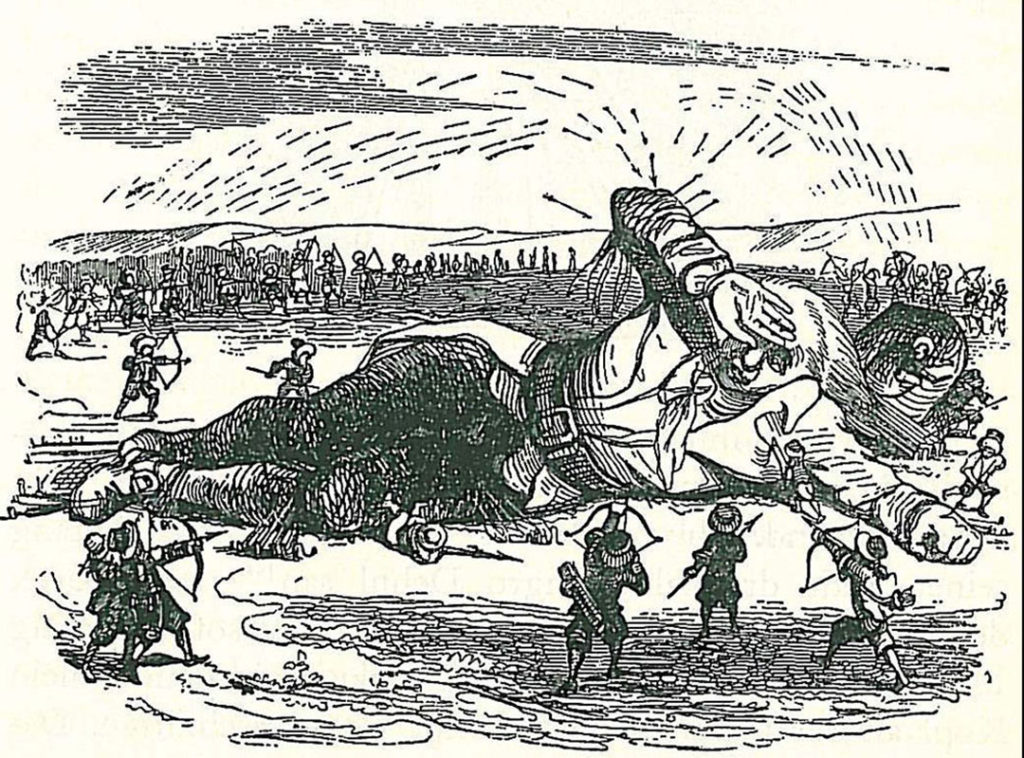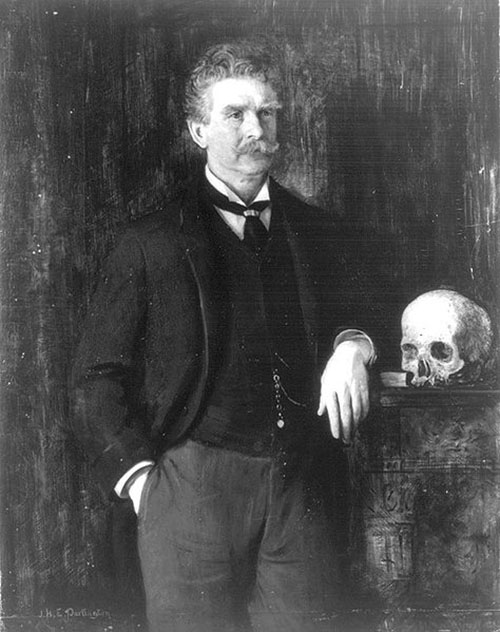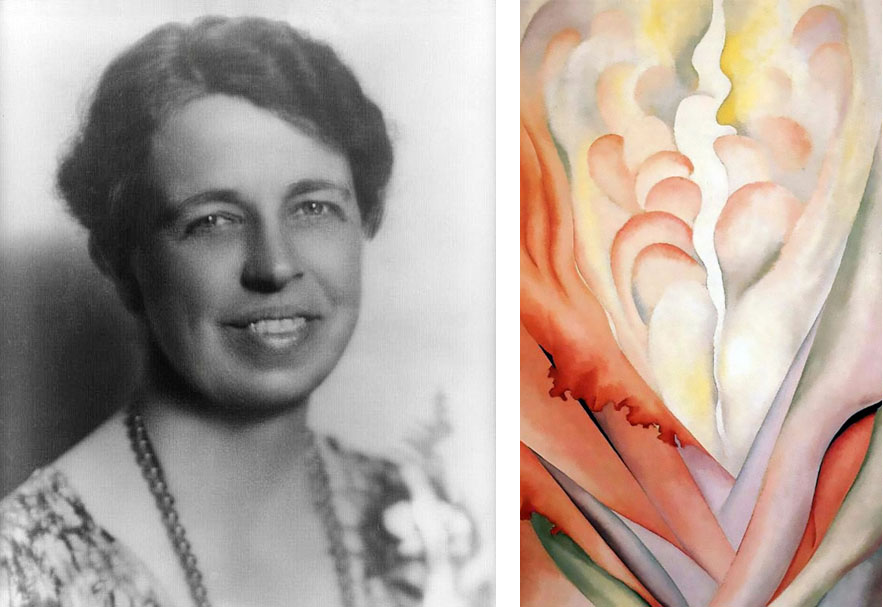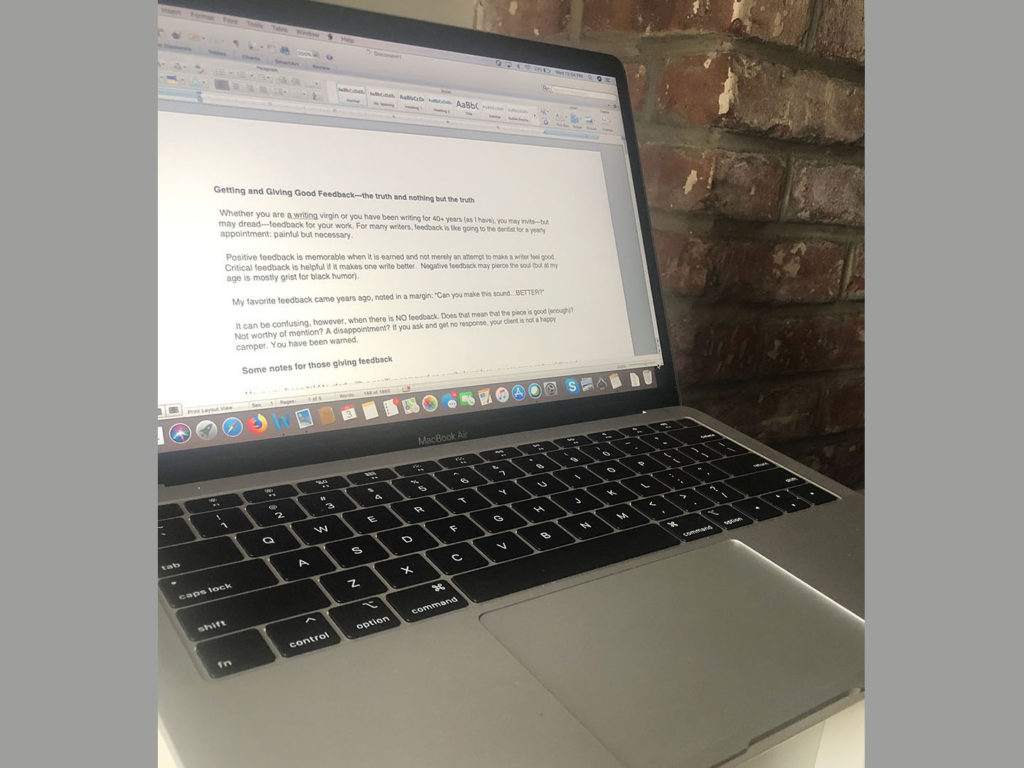
“Any fool can criticize, condemn and complain and most fools do.”
Benjamin Franklin

Have you noticed that these days everyone is a critic?
And with the advent of social media—and the fact that everyone also seems to be a writer or an artist these days—criticism is a constant. It has become pretty lethal and almost a spectator sport.
People can be trashed for almost anything, from swipes about lack of knowledge to negative reviews of talent and abilities to judgments about appearance to rants about opinions and beliefs. Being alive in 2020 means the possibility of being hit by wave after wave of criticism, both online and off.
Add the relatively recent belief that anyone can publicly say whatever they like, and the resulting clamor of insults, derision, and invective can sometimes feel overpowering.
Writers and others who create (including travel bloggers like me) must be courageous to send their work out into the world. If they are too sensitive to deal with the onslaught, their work may simply never be seen. For those who do create, remembering that criticism is in the eye of the beholder may help keep them sane.
“That was excellently observed,’ say I, when I read a passage in an author, where his opinion agrees with mine. When we differ, there I pronounce him to be mistaken.”
Jonathan Swift

If only both critics and their victims were as polite as Swift, perhaps civilization would have more hope. On the other hand, I really appreciate withering criticism when it demonstrates a witty and concise mind—and, of course, if I agree with the opinion expressed (and it is not directed towards my own writing). The master of the form was Ambrose Bierce, who wrote the classic book review:
“The covers of this book are too far apart.”
Creative Criticism is an Art
From Aristotle to Samuel Johnson to Harold Bloom to Pauline Kael to Mary McCarthy (who, when asked in 1989 why she seemed to be so critical of the work of writers, responded: “There is so much to hate,”) folks who have considered themselves creative have long inspired the ire of critics.
A Brief Break for a Moment of Inspiration

“Do what you feel in your heart to be right – for you’ll be criticized anyway. You’ll be damned if you do, and damned if you don’t.”
Eleanor Roosevelt
“I have already settled it for myself, so flattery and criticism go down the same drain and I am quite free.”
Georgia O’Keeffe
While these quotes may be inspiring, my first thought is that few of us are Eleanor or Georgia. But it is also true that how we withstand criticism—how we let it affect us or inspire us—separates the people who soldier through and the people who curl up in a ball and bawl.
Praise and the Opposite
I woke up this morning to this comment from a woman in England about my blog: “What an interesting and entertaining read…you’ve done some great, thought-provoking posts.”
Now, this will carry me though at least part of the day because I am the kind of sensitive soul who reacts strongly to both praise and criticism. I wish that I weren’t this kind of person, but it is better, I think, than being a masochist who believes only criticism but not praise—or the deluded who believe only praise and not criticism.
“I Yam What I Yam.”
Popeye
In my latest blog I noted that one regret some older folks had about their lives was that they wasted too much time thinking about what others thought of them. How is it possible to become the kind of person who doesn’t care?
Like many, I certainly have been hurt, angered, or swayed by criticism, from my mother’s veiled comments to barbs from friends or critiques by teachers or bosses. It seems that one would have to be amazingly self-confident or have a shell like a turtle to not be affected by negative criticism (especially when it is clothed as “constructive” criticism).

“I Am Only Being Honest With You”
That phrase is often the starting point for destructive criticism. As Tony Schwartz wrote in the Harvard Business Review:
“Here’s a question guaranteed to make your stomach lurch: ‘Would you mind if I gave you some feedback?’ What that actually means is ‘Would you mind if I gave you some negative feedback, wrapped in the guise of constructive criticism, whether you want it or not?
Even if is constructive criticism…it is from the point of view of another human. However, your reaction to criticism should vary depending on its intention. It’s important to take stock of the people in your life who really want the best for you.”
Everyone is a Critic, but Only Some People Get Paid for It

I remember when I worked at a television station years ago with a man who wrote book reviews for the New York Times. I asked if it bothered him that he could either build or destroy someone’s career and why he thought that his opinion was any more important than anyone else’s. He laughed and said that he simply believed that he was observant and intelligent, which he was. However, his tastes were based on his life experiences and his worldview, as are everyone’s. We often disagreed on the quality of a book or a film or a play.
That’s not to say that you have nothing to learn from a critic with whom you disagree, just that you can consider and then reject advice that you don’t feel pertains to your work.
“Remember: when people tell you something’s wrong or doesn’t work for them, they are almost always right. When they tell you exactly what they think is wrong and how to fix it, they are almost always wrong.”
Neil Gaiman
I recently received criticism from a woman who runs workshops in memoir writing. She told me that after reading my work, she did not “relate to me as a person,” so my writing just didn’t work for her, which was valid. However, she suggested that I read “Eat Pray Love” for inspiration about travel writing, which couldn’t have been more wrong for me. After first feeling hurt and rejected, I realized that she and I were planets apart in what we thought important in subject, tone, purpose, and voice.
Does Criticism Motivate or Stop You in Your Tracks

Criticism has shut down countless budding and experienced writers and artists. I met Rita Wechter on a trip to Portugal, and we have become friends and have shared our travel writings (hers is One Day in America.) I found her blogs charming and filled with historical facts and travel advice…plus some pretty great photographs.
She told me that she showed her blogs to several writers at a travel workshop and was told by one that her writing did not have a “narrative arc,” a valid criticism if her goal was to tell stories. Another said that readers were only interested in descriptions of foreign travel (her blogs are about travel in the U.S.). She reported that she left the conference “deflated” and stopped writing as much. Luckily she is writing again and, since travel abroad is up in the air, her domestic discoveries are even more valuable to people who love to travel.
Making Criticism Work for You
If you find a person whose opinion you trust and whose work you admire, listen and choose what you believe will help you to become a better writer or artist. It can be useful to ask specific questions about tone, style, and subject matter from someone in the field or someone whose opinion you respect. My husband is a political cartoonist, and he finds that the operative questions for him is “Is what I am trying to say clear to you?”
Hopefully you will be able to recognize the difference between useful and useless advice, and you will come to better understand your audience and their sensibilities.
Try to believe in what you do and know that there are others—but not everyone—who may appreciate it. And tell other writers what you love about their work when you are moved by it. For that matter, be supportive to anyone who inspires you these days. We all need it.

Great read, as always! I❤️ your writing!
Thanks so much, Libby: As you can see from my blog, that will keep me going for days 🙂
Loved your references to many of my favorites – Ben, Edna, Jonathan… and you made me laugh and share some portions of your article with my husband , which made HIM laugh! As an enthusiast traveler, both within and without our country, I will now be following you. 😁
Hi Lyrinda: So happy that you identified! You gotta laugh these days…..